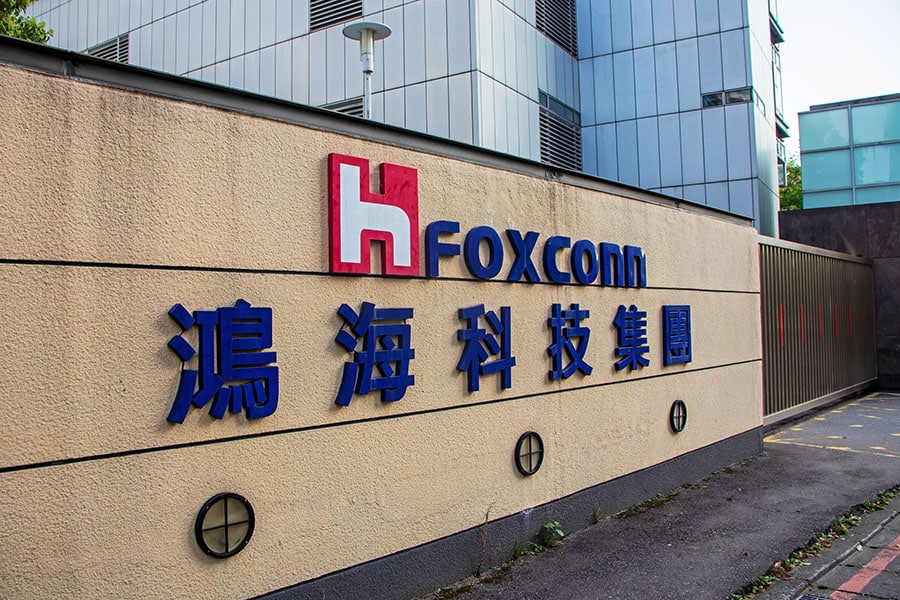
Can Vedanta pull off its semiconductor project without Foxconn?
As the Anil Agarwal-led company waits for a clearance from the Indian government on its ambitious semiconductor project, Foxconn has pulled the plug on their $19.5 billion joint venture
 Image: Shutterstock
Image: Shutterstock
It was meant to be the stuff of dreams. Now it seems to have gone sour.
On July 10, the Hon Hai Technology Group, popularly known as Foxconn said that it has decided not to move forward on joint venture with Vedanta to manufacture semiconductor chips in India.
“For over a year Hon Hai Technology Group (Foxconn) and Vedanta have worked hard to bring a great semiconductor idea to reality,” Foxconn said in a statement. “It has been a fruitful experience that can position both companies strongly going forward. In order to explore more diverse development opportunities, according to mutual agreement, Foxconn has determined it will not move forward on the joint venture with Vedanta.”
The announcement further throws the joint venture project into a jeopardy especially since the Indian government is yet to give clearance to the project to set up a semiconductor plant in India. Foxconn and Vedanta had signed a pact last year to invest $19.5 billion to set up the semiconductor plant in the country.
The joint venture project was looking to manufacture 40 nm chips, before it expanded into 28 nm chips, since the process were similar. 40 nm and 28 nm chips contribute to over 66 percent of the global demand for chips and are used in ICT devices and electric vehicles (EV), among others.
On its part, Vedanta seems unfazed by the development, and is in turn scouting for more partners. "Vedanta reiterates that it is fully committed to its semiconductor fab project and we have lined up other partners to set up India’s first foundry. We will continue to grow our Semiconductor team, and we have the license for production-grade technology for 40 nm from a prominent Integrated Device Manufacturer (IDM). We will shortly acquire a license for production-grade 28 nm as well. Vedanta has redoubled its efforts to fulfill the Prime Minister's vision for semiconductors and India remains pivotal in repositioning global semiconductor supply chains," a spokesperson from Vedanta said.







